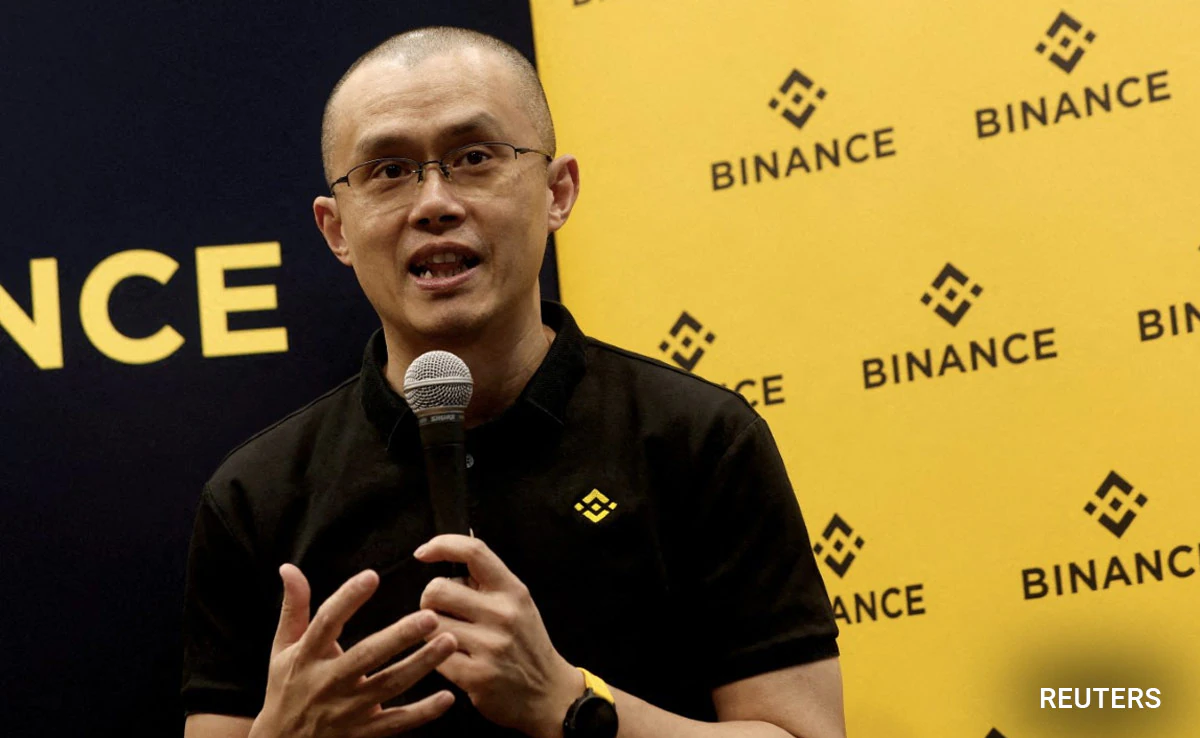
Binance CEO Changpeng Zhao faced a dramatic fall from grace on Tuesday, entering a guilty plea and resigning amidst a groundbreaking $4.3 billion settlement with the Department of Justice. This landmark resolution follows an extensive investigation into the world’s largest cryptocurrency exchange.
In a Seattle courtroom appearance before Judge Brian Tsuchida, Zhao and others were charged with violating the Bank Secrecy Act, accused of neglecting to establish an effective anti-money-laundering program. The Justice Department contended that Binance willfully breached U.S. economic sanctions in a calculated effort to profit from the U.S. market, devoid of the necessary controls mandated by U.S. law.
In a candid admission on X (formerly Twitter), Zhao acknowledged his mistakes and the need to take responsibility. He announced the appointment of Richard Teng as the new CEO of Binance.

This seismic development was a collaborative effort involving the Department of Justice, the Commodity Futures Trading Commission, and the Treasury Department, with the notable absence of the Securities and Exchange Commission.
Treasury Secretary Janet Yellen asserted that Binance facilitated over 100,000 transactions supporting terrorism and illegal narcotics, along with 1.5 million virtual currency trades violating U.S. sanctions. Notably, transactions linked to terrorist groups such as Hamas’ Al-Qassam Brigades, Palestinian Islamic Jihad, al-Qaida, and ISIS transpired without a single suspicious activity report filed by Binance.
U.S. Attorney General Merrick Garland emphasized the gravity of the situation, stating that the fine imposed is one of the largest penalties ever obtained. Garland warned against using new technology to break the law, asserting that Binance prioritized profits over the safety of the American people.
According to the consent order, Binance developed a process to notify VIP users if they became subjects of law enforcement inquiries. Zhao personally pleaded guilty to violating the Bank Secrecy Act, with the DOJ recommending a $50 million fine.
While Binance will continue operations under new regulations, including appointing an independent compliance monitor, the company has agreed to forfeit $2.5 billion and pay a $1.8 billion fine. The charges encompassed conducting an unlicensed money-transmitting business, violating the International Emergency Economic Powers Act, and conspiracy.
The settlement sends a clear message to the virtual currency industry, emphasizing the consequences of flouting regulations. The fast-paced resolution echoes a growing trend, as seen in the recent conviction of FTX founder Sam Bankman-Fried.
This legal saga unfolds amid heightened regulatory scrutiny surrounding Binance’s operations, with multiple jurisdictions expressing concerns about the company’s market launches and allegations of involvement in illicit activities. The SEC had previously filed a lawsuit against Binance, accusing it of running an illegal securities exchange and mishandling customer funds.
From its meteoric rise in 2017 to becoming the world’s largest crypto exchange, Binance’s journey has been marked by regulatory challenges and a decentralized operating model. The recent settlement underscores the far-reaching implications for the entire crypto industry, extending beyond exchanges to tokens and blockchains.
By Eve Waruingi
